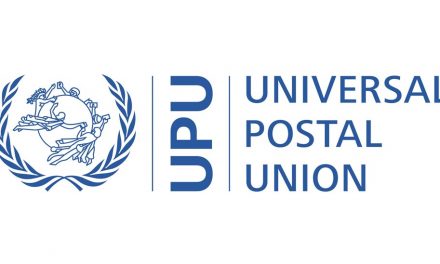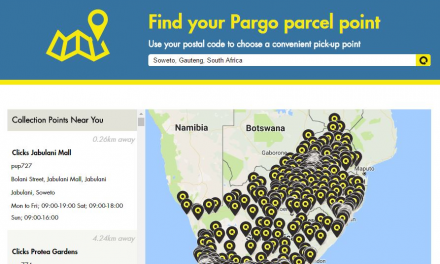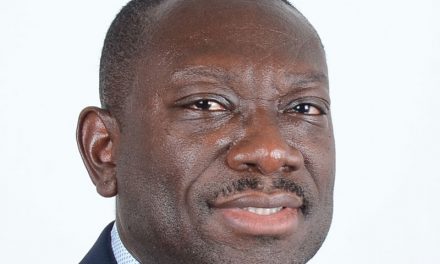
BotswanaPost had 'a flat year'
BotswanaPost had to put major capital developments that would have stimulated revenue growth on ice due to unavailability of funds, the parastatal’s 2008 Annual Report has revealed.
The report, which was released this week, says BotswanaPost needs funds to develop its IT systems and mail processing at sorting centres, to build more infrastructure and to replace its mail delivery fleet and other major initiatives it has targeted in Pinagare, its 2011 corporate strategy.
The parastatal’s Board Chairman, Martin Makgatle, says inability to respond swiftly to changes in the market largely because of manual business processes and growing competition from players participating in an unregulated market added to their problems.
Other challenges emanated from high fuel costs arising from ever-increasing crude oil prices on international markets during much of this year.
BotswanaPost also had to maintain post offices that could not commercially sustain themselves in order to meet universal service obligations.
But despite what was largely a flat year for business, BotswanaPost still managed to realise a modest net profit of P1.03 million. Growth in revenues only reached 5 percent against a targeted 12 percent while expenditure grew by 12 percent, and this on the back of a total cost to revenue ratio of 98 percent.
“The relatively poor performance in 2007/08 has not dampened our spirits,” Makgatle says, and the outlook for the postal sector worldwide – including in Botswana – is very bright.
BotswanaPost’s highest revenue earner, mail services, ended the year on a flat note, while money transfers increased by 18 percent and agency services recorded a 39 percent increase.
The drop in revenue is also attributable to a combination of factors as BotswanaPost sells a myriad products.
“Boxes and mail income reached only 75 percent of the budget, largely to the migration of customers from private bags to post boxes in response to the 2006 tariff increases,” the report says.
Government mail reached 72 percent of the budget due to increased use of own transport by departments to deliver mail, particularly where bulk deliveries are involved.
Meanwhile, Botswana Couriers, a subsidiary of BotswanaPost, also had disappointing results, recording a decline of 49 percent to close the year with a profit of P131, 856 which is a poorer showing than last year.
“Going forward, we will engage in introspection and a change of gear to ensure competitiveness and profitability of the subsidiary and help it claim its rightful position in the freight and logistics market,” Makgatle says.
Thankfully, the government has agreed to capitalise BotswanaPost under the National Development Plan 10 (NDP X), the extent of which shall be confirmed once NDP10 proposals have been approved by Parliament.













